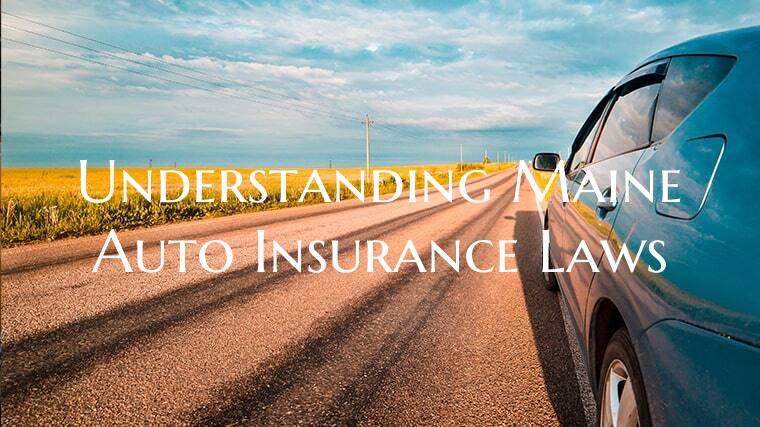Auto insurance laws in Maine are in place to protect both drivers and their vehicles on the road. Understanding these laws can ensure that you have the appropriate coverage required by the state. Here are some key points to consider:
1. Minimum Liability Coverage: In Maine, drivers are required to carry a minimum amount of liability insurance to cover any damage or injuries they may cause to others in an accident. The minimum limits are $50,000 per person for bodily injury, $100,000 per accident for bodily injury, and $25,000 for property damage.
2. Uninsured Motorist Coverage: Maine also requires drivers to have uninsured and underinsured motorist coverage to protect themselves in case they are in an accident with a driver who does not have insurance or enough insurance to cover the damages.
3. Medical Payments Coverage: This coverage helps pay for medical expenses for you and your passengers in the event of an accident, regardless of who is at fault. It is optional in Maine but can provide valuable support in case of injuries.
4. No-Fault Insurance: Maine follows a "fault" system for car accident liability, which means the at-fault driver is responsible for paying for the damages. However, the state also offers no-fault insurance options to help streamline the claims process.
5. Proof of Insurance: Maine law requires drivers to carry proof of insurance in their vehicles at all times. Failure to provide proof of insurance when requested by law enforcement can lead to fines and penalties.
Understanding Maine's auto insurance laws and obtaining the right coverage can help protect you financially and legally in case of an accident. It's important to review your policy regularly to ensure you meet the state's requirements and have adequate coverage for your needs.

